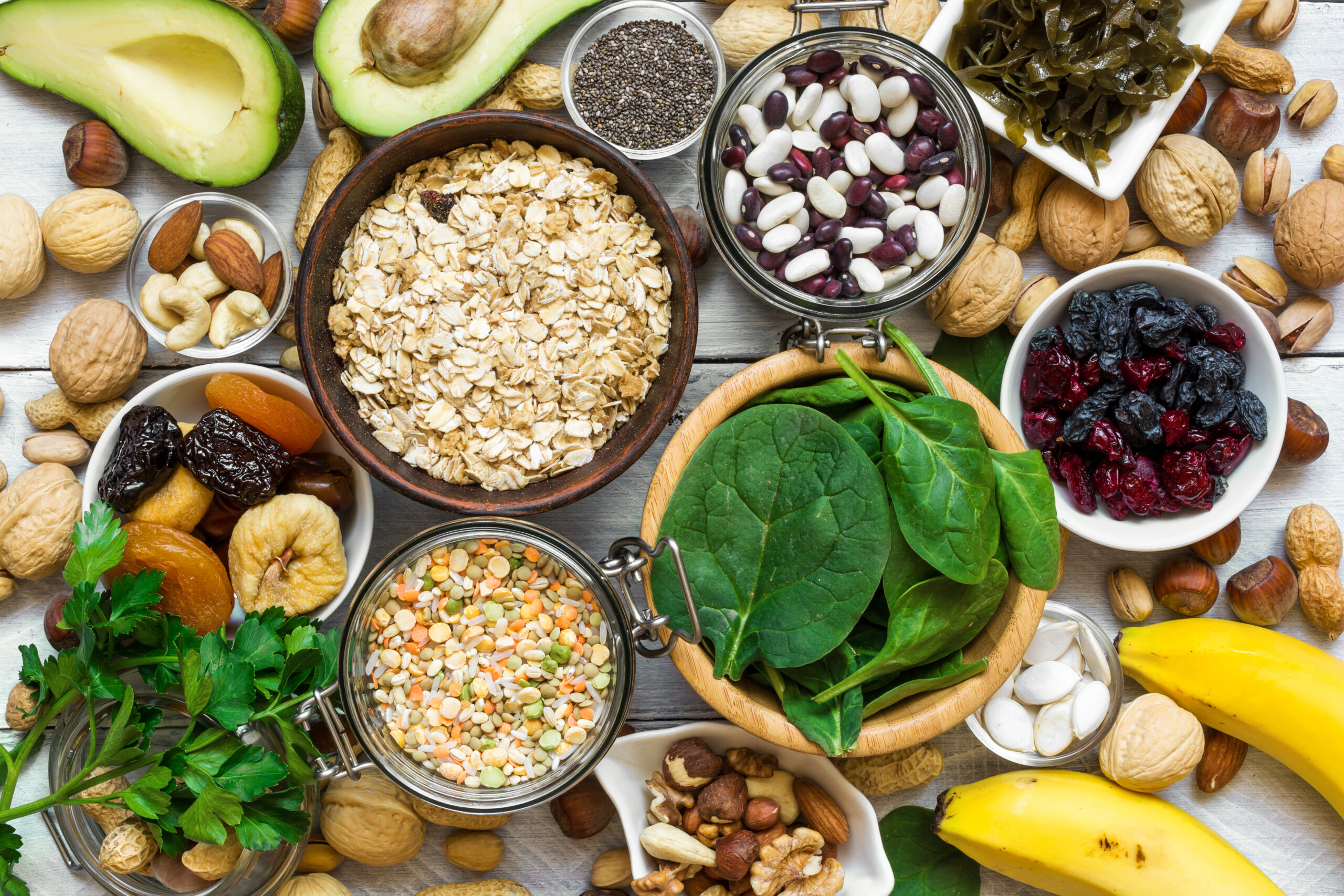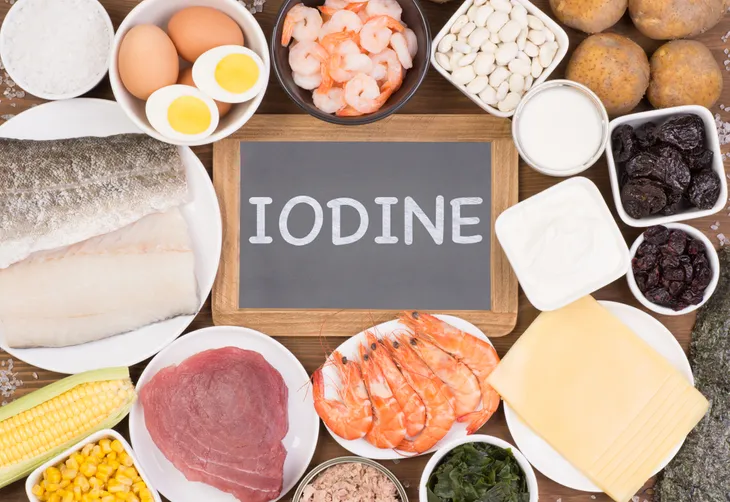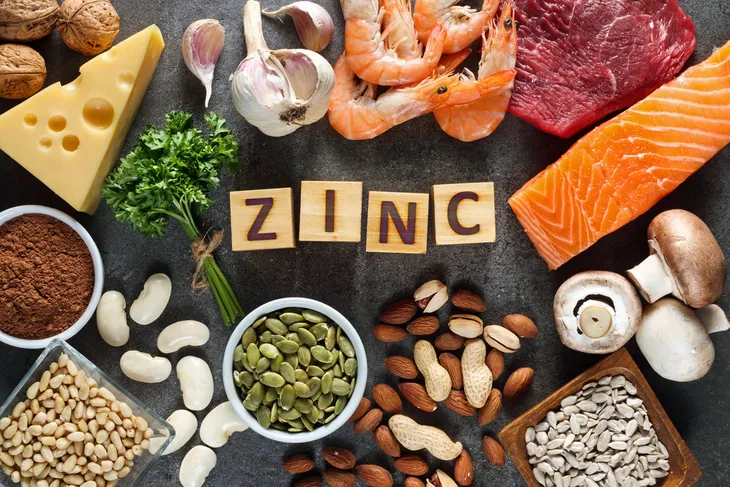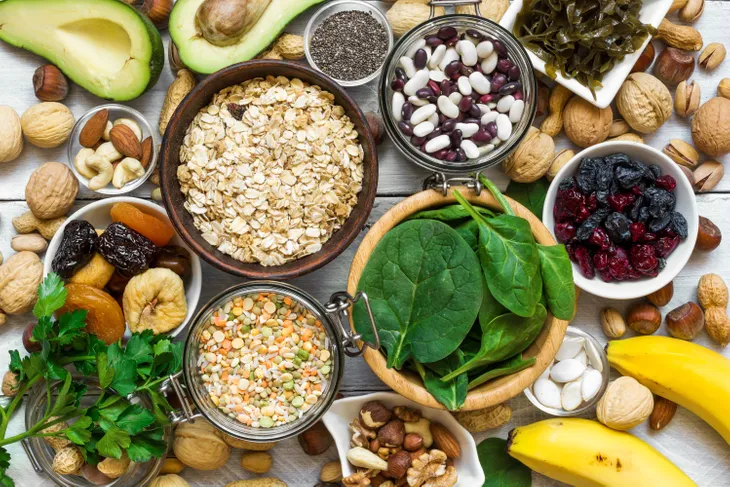Your thyroid gland is relatively small and fits into your throat area, but it has an enormous effect on your entire body. It is often overlooked as a cause of common health problems, as well as unexplained weight gain or weight loss.
The gland is also very important to how our body creates energy and even helps regulate our sleep. However, with some lifestyle and diet changes, you can help our thyroid function more efficiently, and help you feel better overall. Here are 5 thyroid boosters to try. If you suspect a problem, you should also consult your doctor to confirm you have thyroid issues…
Add Iodine to Your Diet
According to the American Thyroid Association, iodine deficiency is a major cause of underproduction of the thyroid hormone. The association notes that your body does not create iodine on its own, so it’s important to ensure it becomes part of your diet.
The association suggests trying iodine-rich foods—including eggs, saltwater fish, shellfish, cheese, and even straight up table salt added to food. However, keep in mind that it’s probably not advisable to eat a spoonful of salt on its own.
Try Selenium
According to the website, Women to Women, selenium could be an ally when it comes to treating thyroid problems. Selenium (in mixed nuts, sunflower seeds, eggs, yogurt, couscous, and mushrooms) is an element that can help our thyroid better deal with stress, and work like a “detox,” according to the site.
The site notes that “selenium-based proteins help regulate hormone synthesis”—which in normal speech, means it can help control your metabolism and essentially how your body creates energy.
 Shutterstock/Evan Lorne
Shutterstock/Evan LorneThink Zinc
There are typically two major disorders with the thyroid—hypo and hyperthyroidism, which refer to the under and overproduction of thyroid hormones respectively. According to Thyroid UK, zinc deficiency in your diet can lead to both of these conditions.
Zinc is an essential mineral that is naturally found in foods—including cooked oysters, lean beef, pork, chicken, spinach, certain seeds, cashews, and, wait for it…chocolate! You can also purchase zinc supplements over the counter if chocolate doesn’t do it for you.
Make Friends with Magnesium
Magnesium is another essential element that helps our body perform certain key functions. However, experts say most Americans are deficient in magnesium, and that caffeine and sugar-rich foods can actually reduce magnesium in your system.
Magnesium is important in converting iodine into thyroid hormones (T4 and T3). That means not getting magnesium can lead to an underactive thyroid, which has symptoms including weight gain, general fatigue, dry skin, and even depression. While magnesium is available in supplements, also try spinach, sweet corn, avocado, shrimp, raisins, bananas, and broccoli.
Reduce Stress
Probably easier said than done, but assess any stressful situations that you can try to avoid if possible. Exercise also helps your body regulate stress naturally, so it’s good to get out for a brisk walk on your lunch break.
Natural News notes that stress creates the stress hormone cortisol, which prevents T3 hormones from getting into your body’s cells. The site also notes that blood tests may not reveal a lack of T3 in your cells, even if your blood count is okay.







